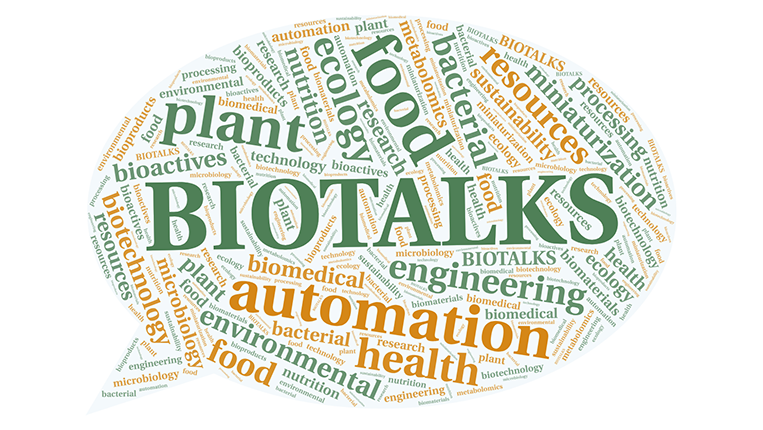Objectives and competences
- Understand sensory science and main differences from other research methods
- Understand how interactions between the testing environment and human subjects and extrinsic factors will affect the outcome of the tests
- Explore sensory evaluation methodologies. Understand theory and practice: different tests, qualitative exploratory techniques, descriptive analysis
- Explore the application of sensory evaluation in quality control and new products development
- Explore new products adoption by consumers and new products failure
Teaching Methodologies
The course consists of theoretical, practical and tutorial classes
Syllabus
- Introduction to sensory evaluation - history, methods, differences from other research methods
- Senses and sensory perception.
- Physiological and psychological factors that affect sensory perception.
- Preparation and conduction of sensory tests.
- Sensory panels, panelists selection and training.
- Discrimination testing (overall and attribute difference testing)
- Qualitative techniques
- Descriptive analysis – classical and new methodologies
- Temporal techniques
- Consumer perception and testing.
- Application of sensory evaluation in quality control
- Application of sensory evaluation in new products development
- Food Product Introduction Failure overview – reasons and remedies
- Drivers and barriers of new products adoption by consumers
- The Dynamics of Consumers’ Hedonic Responses"






